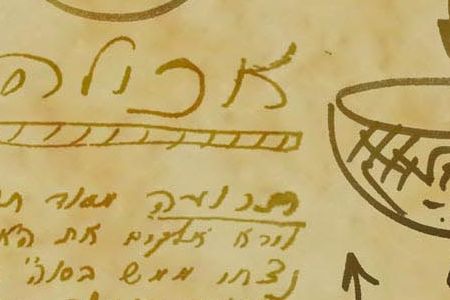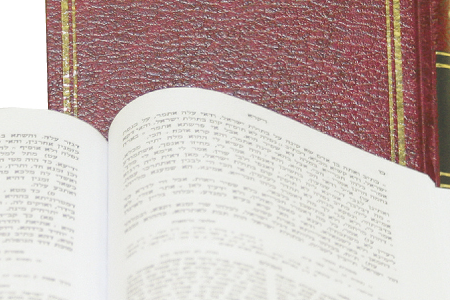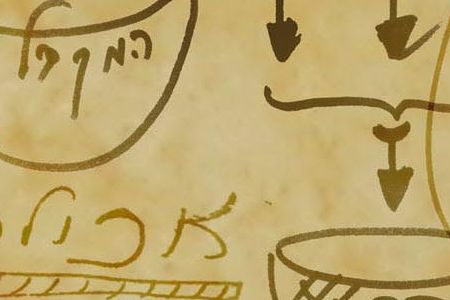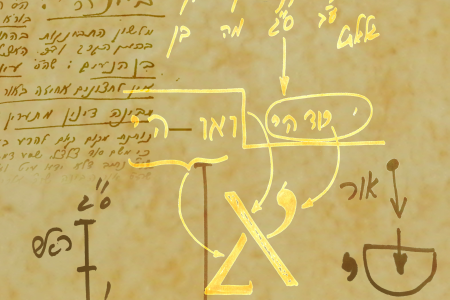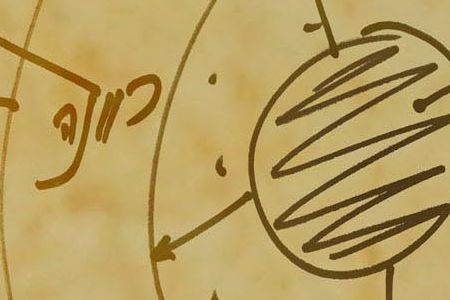Deuteronomy, 29:9-30:20; 31:1-31:30
This Week’s Torah Portion | Sep 22 – Sep 28, 2024 – 19 Elul – 25 Elul, 5784
In A Nutshell
The portion, Nitzavim (Standing), deals with Moses’ speech regarding the covenant between Israel and the Creator. Moses makes it clear that the Torah applies to the whole of the people of Israel, to every single one, and was given to posterity. Moses stresses the principle of choice: should a person worship other gods, he will be exiled from the land. But if he wishes to be reformed, the path is through repentance. The Creator allows the people to choose between life and death, but commands them, “Therefore choose life” (Deuteronomy, 30:19).
In the portion, VaYelech (Moses Went), Moses gives his final speech before the people’s entrance to the land of Israel. He reinforces the people so they will not fear fighting for the land because the Creator is with them, and he officially hands over the leadership to Joshua, son of Nun. Moses writes the Torah and instructs the people of Israel to assemble once every seven years to read the Torah. The Creator reveals to Moses that in the future, the people of Israel will sin, and commands him to write a song through which the people will remember the Creator.
Commentary by Dr. Michael Laitman
It may seem as though portions repeat themselves, but any repetition is at a new degree. The whole Torah deals only with the correction of the soul. It is as if the soul is cut into slices according to the degrees of the great will to receive, which is why it appears to be the same.
Similarly, each day in our lives seems to resemble the next, yet each day feels different, and life consists of many days joined together. The special thing about this process is that it is not about the people of Israel or the desert, but about an individual going through the stages of one’s spiritual development.
The spiritual development is done in two stages. The first is the preparation in Babylon, in the Bilbul (confusion). The second stage is in Egypt. In this world, a person tries to do as one sees fit, but gives up because this world is leading us into a state where we are not achieving good results in life. The result is a crisis, similar to the one the world is in today.
And yet, we do not seek the meaning of life, but money, power, respect, pleasures, freedom, vacations, and we are beginning to understand that it is impossible to have them. Whether due to personal crises or because of the global crisis, we finally come to the fundamental question, “What is the meaning of my life?” We seek satisfaction in life but we cannot find it anywhere, and without satisfaction we feel like Prophet Jonah, who said, “It is better for me to die than to live” (Jonah, 4:3).
Continue reading “Nitzavim (Standing)-VaYelech (Moses Went) – Weekly Torah Portion”
